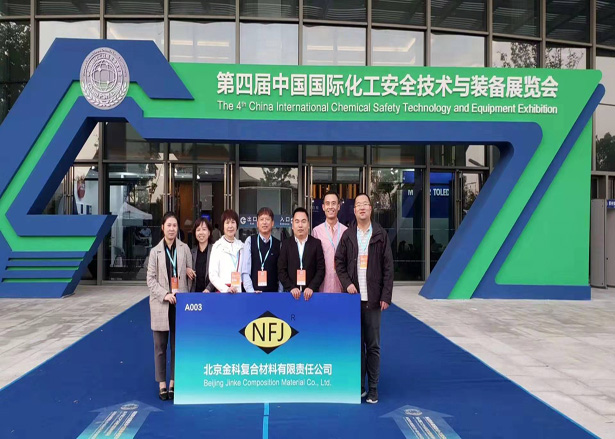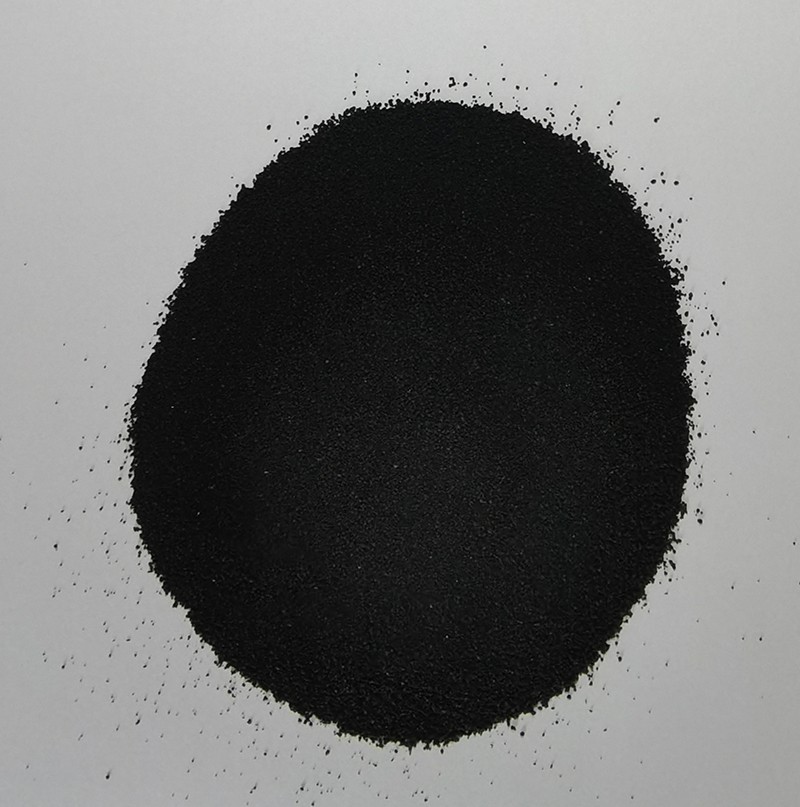Thermal-resistant friction powders represent a significant advancement in materials science, particularly in the automotive and industrial sectors, where durability and performance under extreme conditions are paramount. These specialized powders are formulated to withstand high temperatures while maintaining their structural integrity and friction characteristics, making them essential for applications such as brake systems, clutches, and conveyor systems.
The core of thermal-resistant friction powders lies in their unique compositions, often incorporating a blend of organic and inorganic materials. Components such as aramid fibers, metal oxides, and thermoplastics are engineered to enhance thermal stability and friction performance. These materials are carefully selected based on their thermal conductivity, wear resistance, and ability to dissipate heat, ensuring that they can perform effectively even in the most challenging environments.
Expertise in the formulation and processing of these powders is crucial. Manufacturers meticulously optimize particle size, distribution, and mixing methods to achieve uniformity and consistency. The role of additives cannot be understated; they serve to enhance key properties such as durability, adhesion, and thermal stability. Advanced techniques, including nanotechnology, are increasingly being employed to create finer powders that exhibit superior performance characteristics.
Experience in both laboratory testing and real-world applications further underscores the authority of thermal-resistant friction powders in the market. Rigorous testing protocols, such as tribological assessments and thermal analysis, are undertaken to simulate operating conditions and evaluate performance against industry standards. This thorough approach not only ensures compliance with safety regulations but also helps manufacturers refine their products to meet specific client needs.
The applications of thermal-resistant friction powders are extensive. In the automotive industry, they are crucial for high-performance braking systems, where excessive heat can lead to brake fade and failure. In industrial settings, these powders enhance the efficiency and lifespan of machinery exposed to high operational temperatures. As global industries continue to prioritize safety and performance, the development of thermal-resistant friction powders emerges as a key innovation.
In conclusion, thermal-resistant friction powders embody a blend of material science expertise and practical experience tailored to meet the demands of high-temperature applications. As these materials evolve, they promise to enhance safety and efficiency across various sectors, consolidating their role as indispensable components in modern engineering solutions. The ongoing research and development efforts in this field reflect a commitment to innovation and excellence in maintaining performance under thermal stress.
Show More >>
PRODUCTS
You are welcome to contact us at any time, please write the message here and we will reply you in 24 houre. thanks foryour support.



